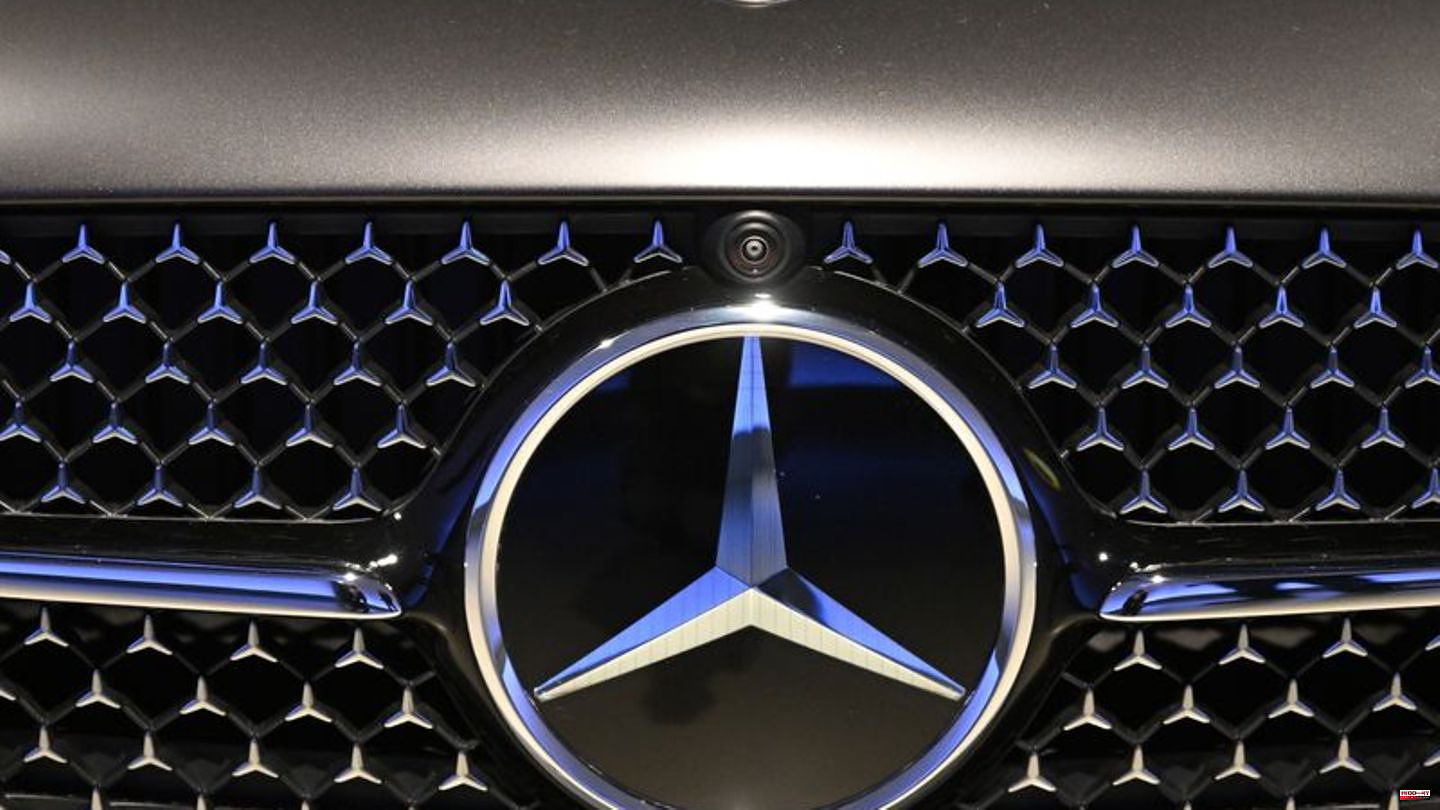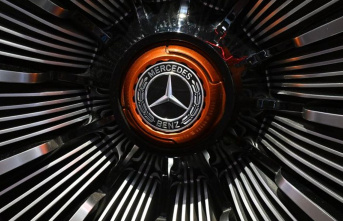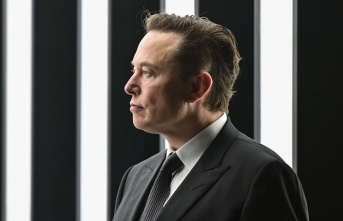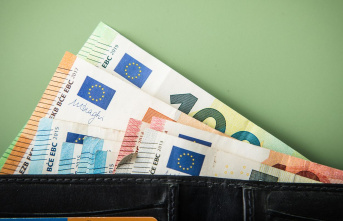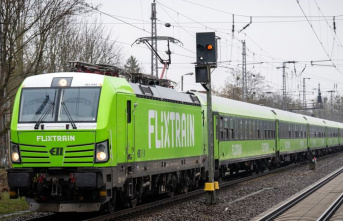According to an analysis, the world's largest car companies set records in terms of sales and profits last year. However, there were signs of slowdown in the industry in the final quarter, as shown by the study by the auditing and consulting company EY. For the current analysis, EY evaluated the financial indicators of the 16 largest automotive companies.
Thanks to high new car prices and a sales increase of seven percent, the companies achieved total sales of a good two trillion euros - 13.7 percent more than in 2022. Earnings before interest and taxes (EBIT) climbed by a good 15 percent and reached around 176 Billion euro. However, an important reason for the increases was a special effect: The weak yen helped Japanese car companies to increase profits by around two thirds and increase sales by 22 percent. The rest was less dynamic: German manufacturers recorded a combined profit growth of seven percent, while US companies' earnings even slipped by almost 30 percent.
Profitability increased slightly: the average EBIT margin, which relates operating profit to sales, was 8.6 percent. This means it remains at a level of more than eight percent for the third year in a row. For comparison: In the five years before the outbreak of the corona pandemic, the profit margin was an average of 5.5 percent.
Mercedes-Benz is the most profitable car company
The most profitable car company last year was Mercedes-Benz, with 12.8 percent. The Stuttgart-based company leads the ranking ahead of Opel parent Stellantis (12.1 percent) and BMW (11.9 percent). In contrast to the second and third places, Stuttgart's margin fell compared to the previous year. However, Tesla recorded the biggest decline in 2023: The electric car manufacturer's margin fell from 16.8 to 9.2 percent compared to the previous year, putting the company in the middle of the field. The Volkswagen Group landed in tenth place. The US car manufacturer Ford came last.
In the fourth quarter, however, the picture became murkier compared to the whole year: sales rose below average by nine percent and profits fell by five percent. EY market observer Constantin Gall said: "Last year the industry was able to benefit from high new car prices and the restored ability to deliver. However, the problems facing the industry also became increasingly clear."
EY expert sees industry facing several problems
Gall identified the weakening economy as a problem for the industry. Sales of new cars are therefore well below pre-Corona levels: last year, manufacturers sold around 66 million cars, and in 2019 there were almost 76 million vehicles. The result: "Overcapacity is currently a real problem for manufacturers, but also for suppliers. And there is currently no sign of an economic improvement that could lead to a real surge in demand," said Gall.
The slow ramp-up of e-mobility is also putting a strain on business: "Billions of investments were made in the hope of a rapid increase in demand for electric cars, and now doubts are growing - in politics, in the industry and among customers," said Gall. The current billions in profits are almost exclusively due to combustion engine models. It will be a long time before the industry makes real money with electric cars.
In addition, sales in China are stalling: with the exception of Volkswagen and BMW, all manufacturers examined will have sold fewer cars on the Chinese market in 2023. On average, sales there fell by 5.4 percent. Chinese electric car makers are also increasingly attacking established manufacturers in their home markets, Gall said. This challenge will become even greater in the coming years.
Dudenhöffer: Car manufacturers and dealers court buyers
The overcapacity in the industry could also be an advantage for consumers: According to EY, more and more manufacturers are trying to lure customers back to car dealerships with price reductions, cheap financing offers and special models. “The competition is again largely based on price,” said Gall.
Car expert Ferdinand Dudenhöffer also observes this. There are currently good offers, but mainly for combustion engines, said Dudenhöffer. On average, Internet brokers granted a 16.9 percent discount on these models in the German market in April. This is significantly more than last year, when there were still delivery bottlenecks. For comparable electric models, however, there was only a 12.6 percent discount.
According to Dudenhöffer, increases of one to two percentage points are still conceivable for combustion engines. "But the trees won't grow into the sky. The car manufacturers and dealers are wooing car buyers - but not at every price." For the study, the expert determined the discounts that independent new car brokers offer on selected models on the Internet. 15 combustion engine and electric models from eleven manufacturers were examined.

